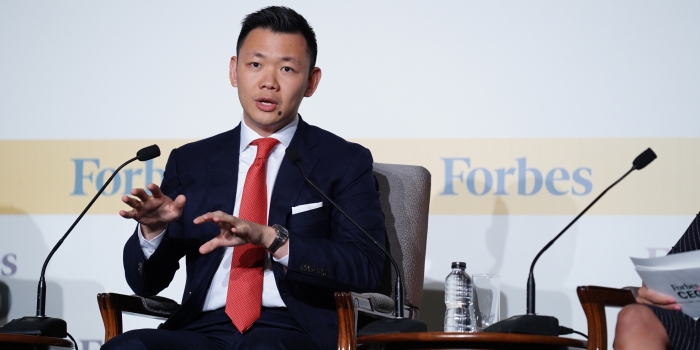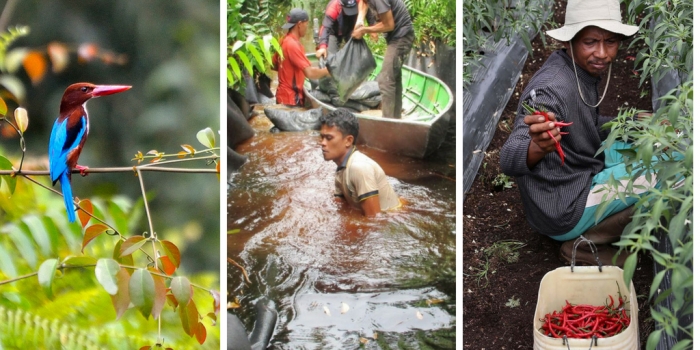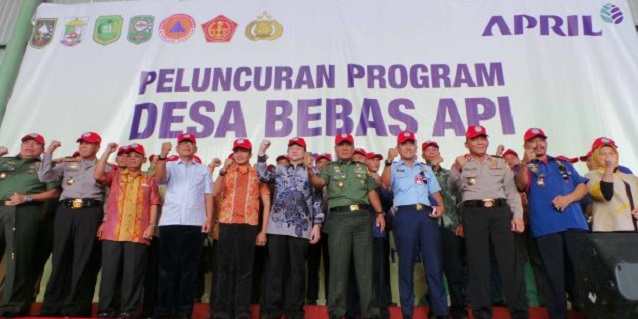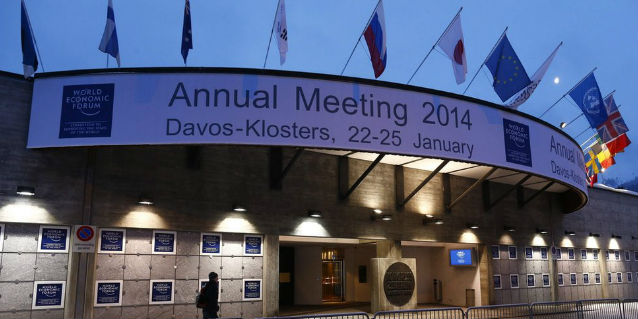Purpose, ESG reporting, climate impact and sustainability have all become hot topics in recent years, evolving from environmental and activist talking points to dominating boardroom discussions and agendas, shaping KPI mandates and filling the opinion pages of financial media.
The COVID-19 pandemic and recent economic volatility have also incentivised corporations to further scrutinise their responsibilities and define their roles in society. Embedding sustainability into business models is no longer an option or a talking point but is directly linked to corporate strategy and vision.
Speaking on a leadership panel at the 2022 Forbes Global CEO Conference held in Singapore, Anderson Tanoto, Managing Director, RGE shared updates on the company’s journey and its evolving commitment to ESG, its enduring commitment to biodiversity and the communities where it operates, and why being sustainable makes good business.
He was joined on the panel by Kyungsun Chung, Managing Partner of The Sylvan Group and Lee Yeow Chor, Group Managing Director and CEO of IOI Corporation Bhd. The session, held on 27 September, was moderated by Rana Wehbe Watson, Special Projects Director at Forbes Asia.
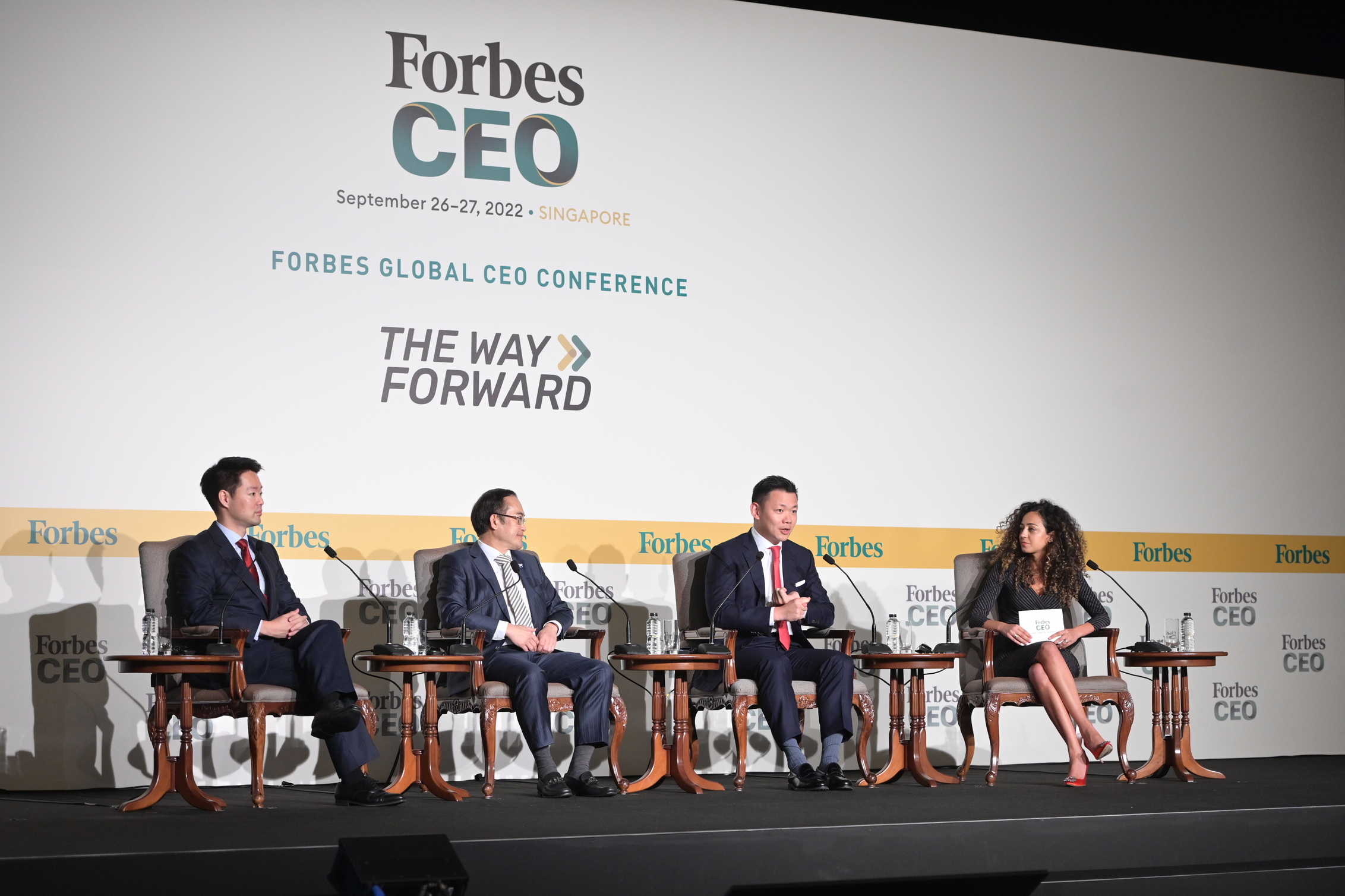
Anderson Tanoto, Managing Director, RGE (third from right), speaking at the Forbes CEO Conference.
A commitment to protect, restore and conserve for future generations
According to the World Economic Forum’s Global Risks Report 2022, biodiversity loss is one of the biggest dangers we face and will have a dire social and economic impact globally. During the panel discussion, Mr. Tanoto shared RGE’s main focus areas on sustainability, and why these initiatives make sense for a leading company operating at the heart of the bioeconomy.
As a Singapore-headquartered company with operations in Indonesia, China, Brazil and Canada, RGE has to be comfortable with an approach suitable for land-use industries, and that its ESG initiatives can be done “in the right way, in a responsible way”. He also highlighted the achievements in Indonesia over the last 10 years.
“I’m very proud to say that in 2021, Indonesia had the lowest rates of deforestation in the last 10 years. Kudos are due to the government for developing the right policies. It shows that a country like Indonesia can actually stop deforestation,” he said.
However, Mr Tanoto shared that RGE recognises there is a need to do more than just tackle deforestation and explained the rationale behind the company’s conservation and restoration initiatives. “As a company, we say, let’s do more than just stop deforestation. As part of our forest restoration efforts in the Riau region, we made a one-for-one commitment to restore one hectare of forest for every hectare of plantation, in line with our production-protection philosophy,” he said.
Established in 2013, the Restorasi Ekosistem Riau (RER) project brought private and public actors together to restore and conserve what is one of the last intact peatland forest landscapes in the region. At COP21 in 2015, RGE announced plans to commit US$100 million to support and secure long-term conservation and restoration initiatives. This included the expansion of the RER to more than 150,000 hectares, an area about the size of greater London or about twice the size of Singapore.
Regarding the one-for-one commitment, Mr. Tanoto said: “When we did this in 2013, we were questioned, and people didn’t really understand our intentions. Our response was and has always been that we believe there is value in a standing forest. We believe there is value in saving forests,” he said.
Today, the RER program is an example of the company’s integrated production-protection landscape approach in action. Besides being one of the last intact peatland forests, the RER is also an example of the successful integration of biodiversity, community and climate strategies, and effective private-public-NGO partnerships. Mr Tanoto summarised by sharing his belief that what is “good for the environment, can also be good for the business.”
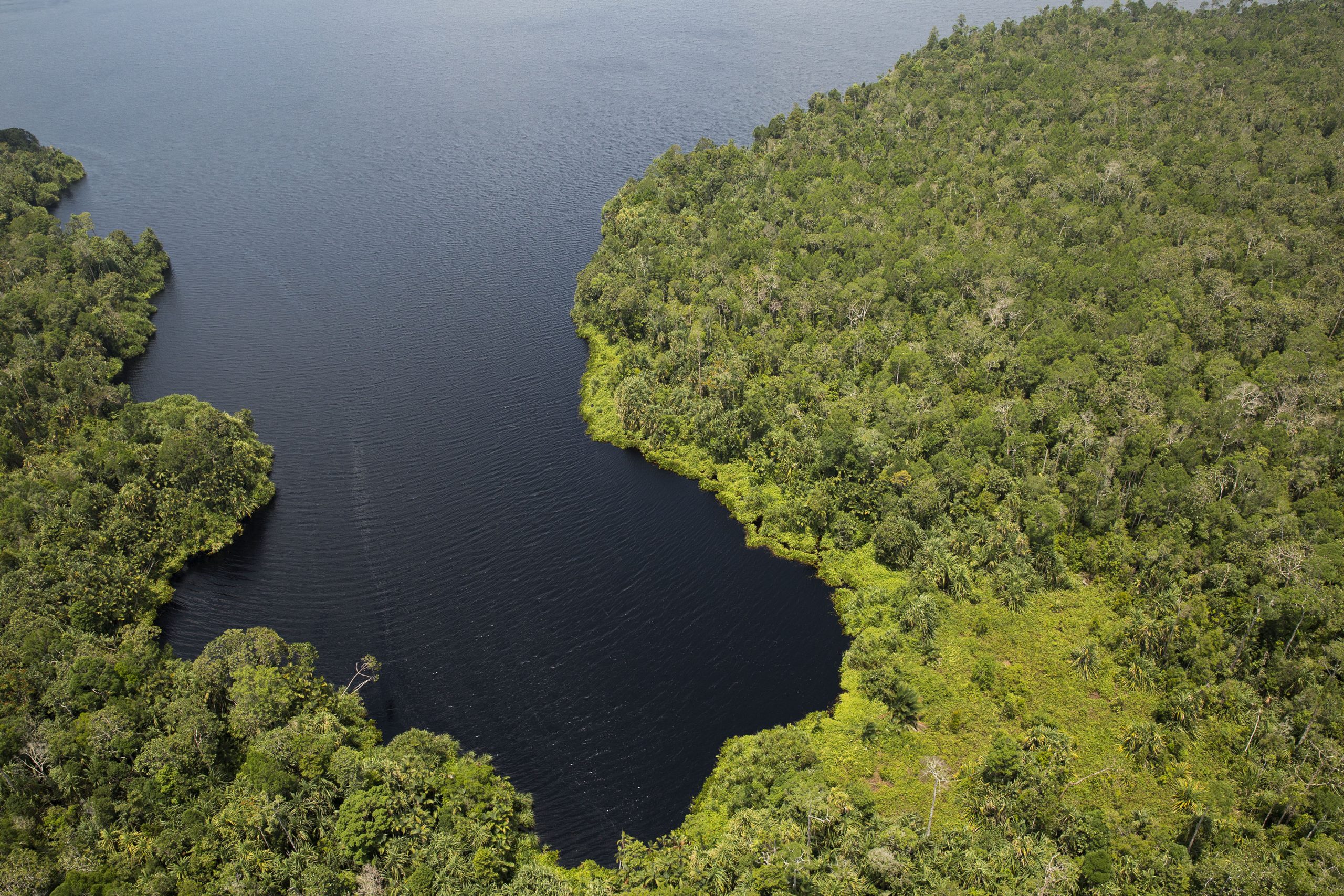
RGE’s Restorasi Ekosistem Riau project is an example of the company’s production-protection landscape approach in action
Lee Yeow Chor of IOI Corporation shared insights into his company’s sustainability journey and noted the need for a certification scheme. He also spoke on how important actively engaging with the community is to protect social welfare, and how IOI has supported schooling for children of its employees. Kyungsun Chung of The Sylvan Group added in, emphasizing how crucial efficient, affordable healthcare systems are to social welfare, and how rising healthcare costs are impacting the insurance sector, employees, and corporations.
Misperceptions of palm oil, and its impact on the environment
The panellists also discussed the topic of palm oil and the negative perceptions of the industry. Palm oil has often come under scrutiny by environmental activists due to its association with deforestation in Southeast Asia. Mr Tanoto said that palm oil has a place in our lives and has benefits when harvested properly.
He elaborated on the value of palm oil by comparing its land efficiency to that of other edible oils. For example, one hectare of soybean can produce approximately 1.2 tons of oil. However, if it is planted with oil palm, it can produce 6 to 7 tons of oil. “Oil palm is one of the most effective and efficient ways to grow edible oil in the world,” he said.
Often, it is the smaller companies that do not operate within supply chains bound by NDPE – No Deforestation, No Peat, No Exploitation – policies that are harming the environment by converting natural forests or deforesting to plant palm oil, he said. But there are opportunities for larger corporations to be an enabler to encourage these smaller companies to participate in the palm oil production in a sustainable manner, he added.
“How do we make sure that when we establish the oil palm plantation, it is done right? The key is recognition that palm oil has a role to play. Second, we must go about doing it the right way and making sure that we are growing in a sustainable manner,” Mr Tanoto said.
To address these issues, RGE’s Asian Agri and Apical launched a joint programme (SMILE) with Kao Corporation to provide independent smallholders with training on the best sustainable farming practices. The objective is to increase their incomes through enhanced productivity, and eventually pave the way for them to achieve RSPO certification. With RSPO certification, these smaller plantation owners will not only contribute to producing palm oil more sustainably, but it will also allow them to sell their product at a premium.
Through impactful partnerships and helping the smaller palm oil players understand how they stand to profit from improved agricultural practices, sustainability will be promoted in the long run.
Avoiding the traps of greenwashing and greenwishing
Finally, the panellists were asked their views on perceived ‘greenwashing’ and ‘greenwishing’ from companies and shared their advice on how companies can ensure their ESG efforts produce tangible results. Mr. Tanoto said: “It’s absolutely critical that the desire to be sustainable is top down, and implementation has to be monitored. To avoid greenwashing, we must work hard, pay attention to details and KPIs.”
An example of this “top-down” guidance is RGE’s 5Cs concept. The company’s philosophy has evolved to focus on what is good for the Community, good for the Country, good for the Climate, good for the Customer, and only then will it be good for the Company. RGE’s ESG commitments reflect one of its guiding principles, which is that no one should be left behind as the organisation continues to expand its operations.



